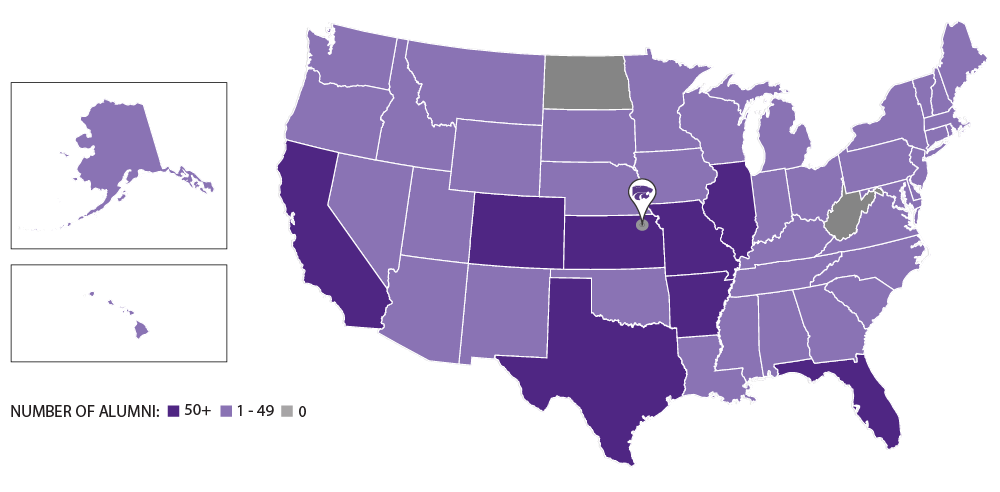B.S. in Industrial Engineering
Program overview
Industrial engineers figure out how to better produce and deliver goods and services. They use computers, mathematics, statistics and problem-solving techniques for complex business challenges and work to design, analyze and improve production systems, increasing productivity of individuals and organizations.
Areas of emphasis
Manufacturing processes and systems
Manufacturing is a highly complex activity that ultimately converts raw materials into useful products. To truly master this field requires an understanding of both individual manufacturing processes as well as the integration of these into complex production systems.
Operations research
Operations research helps decision makers understand business problems, generate and evaluate innovative solutions, and make complex decisions in the face of uncertainty.
Data analytics
This area focuses on methods and models for data analytics and data-driven decision-making.
Engineering management
An emphasis in engineering management involves on management of technical people, projects and organizations. Engineering managers deal with resource utilization including management of money, materials, information, people, facilities and equipment.
Key academic areas

Why industrial engineering?
Make an impact
Industrial engineers help make the world a better and more efficient place by —
- understanding business challenges and generating innovative solutions.
- increasing productivity.
- utilizing resources effectively including money, materials, information, people, facilities and equipment to produce goods and services.
- helping make complex decisions in times of uncertainty.
- designing tools, equipment and workstations to efficiently produce quality products safely.
Career opportunities
Industrial engineering graduates pursue careers as —
- product engineers
- manufacturing engineers
- business analysts
- operations engineers
- logistics engineers
- supply chain analysts
- performance solutions engineers
- data analysts
- quality engineers
Internships
Internships allow students to gain industry experience in the summers during their collegiate careers. On average, industrial engineering students have two professional internships prior to graduation.
K-State industrial engineering alumni live in 48 states and 42 countries.

Career placement and salary data provided by the K-State Career Center. Career placement includes K-State College of Engineering graduates who are employed or enrolled in graduate or professional schools within six months of graduation.